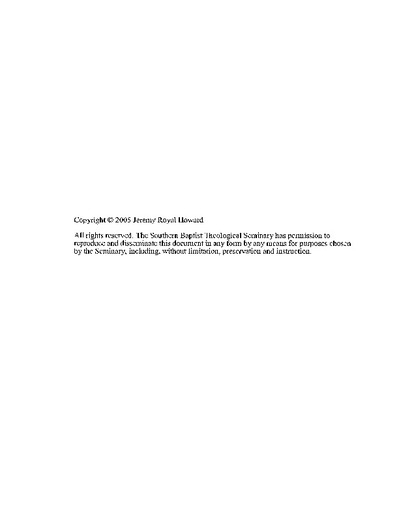| dc.description.abstract | This dissertation examines the suitability of the Copenhagen interpretation of quantum physics for use in Christian theological and apologetic endeavors. Chapter 1 introduces basic issues in quantum physics in non-technical language and defines the basic position of the Copenhagen interpretation.
Chapter 2 gives a thorough account of the core interpretational components of the Copenhagen interpretation and indicates that some of these set up potential conflict with Biblical-based Christian beliefs about God and the world He made. The chapter also discusses how famed scientists such as Albert Einstein and Erwin Schrödinger attempted but failed to dissuade the physics and philosophy communities from adopting the Copenhagen interpretation by formulating landmark thought-experiments that aimed to expose absurdities entailed by said interpretation.
Chapter 3 examines how scholars and popular-science writers have applied the Copenhagen doctrines to sociology, philosophy, and science. Topics include feminism, race relations, finance, business management, philosophy of science, epistemology, logic, and the sciences of consciousness and cosmology.
Chapter 4 discusses applications of the Copenhagen interpretation in metaphysics and theology, with particular emphasis on applications in Eastern and holistic worldviews as well as debates about free-will and divine action in Christian theology.
Chapter 5 attempts to show that the Copenhagen interpretation is unsuitable for adoption in Christian theological and apologetic endeavors for several reasons. First, the Copenhagen interpretation was forged by a handful of philosopher-physicists who consciously sought to ensconce indeterminism as an ontological rather than merely epistemological element of quantum theory. Second, there are several scientific and science-historical counter-indicators to the Copenhagen view. Third, several entailments of the CI run counter to important elements in the Christian worldview.
Chapter 6 gives a summary assessment of the Copenhagen interpretation and suggests avenues for continuing the science-theology dialogue in light of the current state of quantum science. | en_US |

